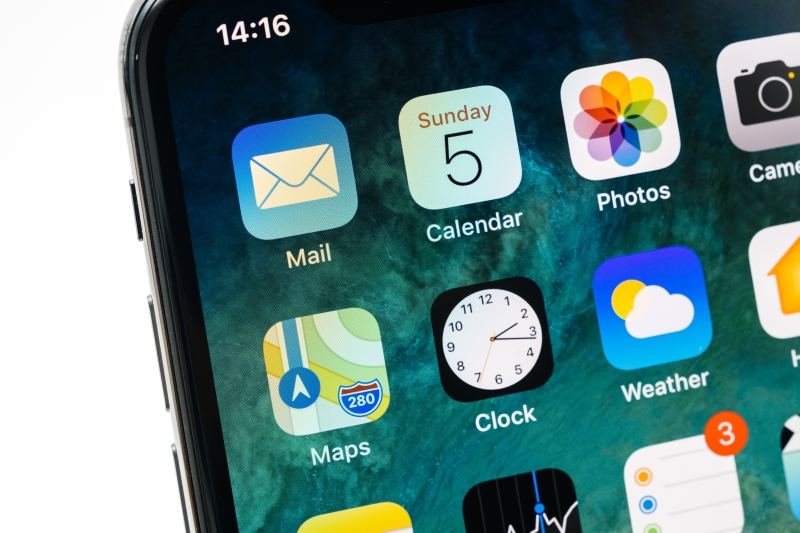Security News

Apple has reportedly patched a pair of critical vulnerabilities in iOS that are being exploited by what appears to be government-backed hackers to spy on high-value targets. Most importantly, the researchers said, in iOS 13, the attack can be performed when Mail automatically downloads messages in the background, meaning no user interaction is needed: the data is fetched, parsed, and the bugs exploited immediately.

Researchers are reporting two Apple iOS zero-day security vulnerabilities affecting its Mail app on iPhones and iPads. Impacted are iOS 6 and iOS 13.4.1.

Apple's free Business Manager service provides a simple, web-based portal for IT administrators to deploy all these disparate devices from one place. Jamf Pro delivers unified endpoint management for Apple devices and includes features such as Smart Groups that intelligently manage environments.
Tech giants Apple and Google have joined forces to develop an interoperable contact-tracing tool that will help individuals determine if they have come in contact with someone infected with COVID-19. Zero Use of Location Data Unlike existing apps developed by different countries that use real-time location tracking to enforce quarantine rules, the proposed system doesn't involve tracking user locations or other identifying data.

Contact tracing has been an often-used method of trying to curb the spread of an infectious disease by finding the people who have contracted it. As the coronavirus outbreak continues to spread, Apple and Google have come up with a plan to more easily implement contact tracing by building the necessary technology into their respective operating systems.

In 1965, Gordon Moore published a short informal paper, Cramming more components onto integrated circuits. Based on not much more but these few data points and his knowledge of silicon chip development - he was head of R&D at Fairchild Semiconductors, the company that was to seed Silicon Valley - he said that for the next decade, component counts by area could double every year.

Google and Apple unveiled a joint initiative Friday to develop a coronavirus smartphone "Contact tracing" tool that could potentially alert people when they have crossed paths with an infected person. "All of us at Apple and Google believe there has never been a more important moment to work together to solve one of the world's most pressing problems," the companies said in a joint statement.
Despite the companies' insistence that privacy will be "Of utmost importance," some in the security space remain wary of data privacy concerns around the newly announced technology. Many such coronavirus tracking apps are already available, such as COVID Symptom Tracker and Private Kit SafePaths.

Researchers are warning iPhone users of fleeceware apps after finding more than 30 examples of them on Apple's App Store. Many of these fleeceware apps come in the form of image editors, horoscope apps, QR code or barcode scanners, and face filter apps targeted at younger generations.

Independent security researcher Ryan Pickren has revealed how a malicious website could hack Apple's Safari browser on iOS and macOS to spy on the user through the computer's camera without prompting for permission. Apple fixed the issues with Safari 13.1, crediting Pickren for three bug reports in the patch release notes.